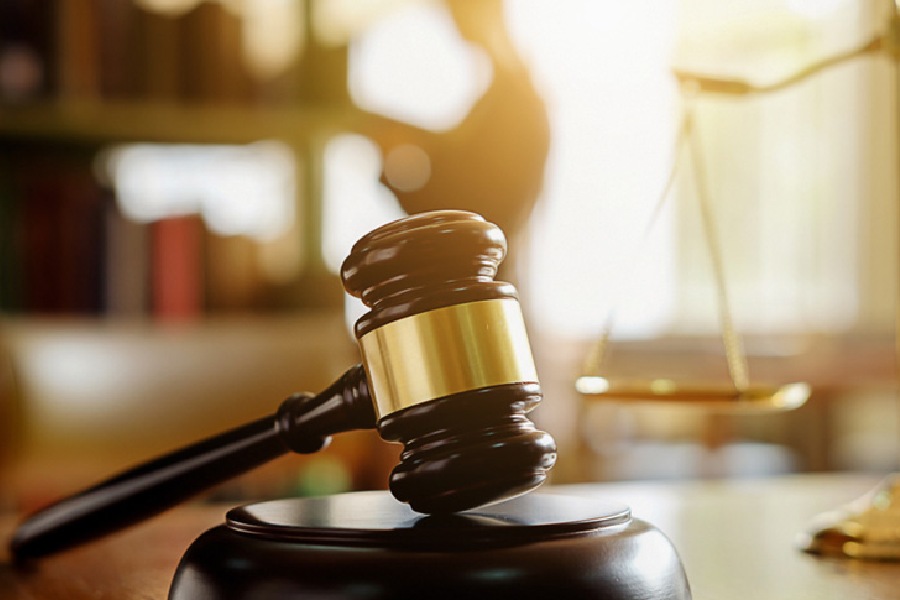Old laws need to be modernised to keep up with the times. The Indian Evidence Act of 1872, renamed the Bharatiya Sakshya Adhiniyam in 2023, has therefore made electronic and digital records admissible as primary evidence in a law court. That is, messages, chats, voice notes and documents stored on devices such as laptops, smartphones, computers and on websites would carry as much weight as physical documents in evidence. This is an important step at a time when electronic communication is a major presence in people’s lives. It seems that much of this evidence can be retrieved by using Bluetooth and by scanning without necessarily engaging the services of a cyber forensics expert. The evidence, however, would have to be undisputed. The safeguard is built into the new law, which says in case an electronic record is contested, a certificate proving its authenticity — that it was found on the device in question — would be required. The onus to prove how the record was obtained lies with the prosecution. Digital evidence would be admissible "without further proof" if it was demonstrated that the device was being regularly used by the person who had "lawful control" of it.
Lawful control is crucial to the legality of the evidence, according to experts. It makes illegal tapping to obtain videos or conversations unacceptable. But the problems with electronic evidence do not end here. Some experts have mentioned its possible misuse at a time of advancing technologies such as AI and software that can modify digital content. This is a real danger in a country which has seen accusations of planted programs and documents from some of the accused in the Bhima Koregaon case, for instance. There are also serious concerns about data security; the manipulation of leaked or tapped personal data is not impossible. Besides, would the conversation of a person unconscious of being recorded be evidence or a violation of privacy? And at what point will private comments be deemed culpable? The loss of trust in law-enforcement agencies may taint all non-physical evidence with doubt. It is exacerbated by the procedural lapses of officers during arrests of dissenters and political critics accompanied by the routine seizure of digital devices. An environment of suspicion may not be as receptive to this progressive step as it deserves.











